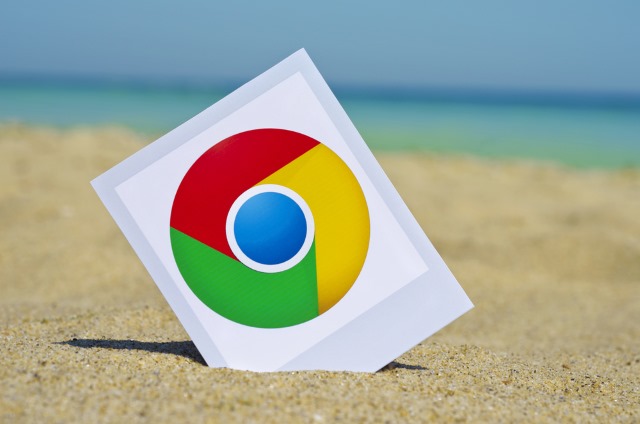Google is building an ad blocker into Chrome in 2018

Starting early next year, Chrome users will benefit from an ad blocker built into the web browser. As part of its work with the Coalition for Better Ads, Google is looking to clamp down on intrusive ads that web users find most irritating.
Google is a company whose business model is built largely on advertising, and it is keen for the experience of being subjected to ads to be as painless as possible for people. But rather than block all ads -- killing revenue streams for many websites -- Google wants to block only those that do not comply with Better Ads Standards.
The company points out that Chrome already blocks popup adverts by default, but points out that frustrating ad experiences lead users to install third party ad blockers that take an indiscriminate approach to blocking. Google doesn't want people to block all ads. This is why Sridhar Ramaswamy, the company's Senior Vice President for Ads and Commerce, says: "We believe online ads should be better. That's why we joined the Coalition for Better Ads, an industry group dedicated to improving online ads."
In a post on the Chromium blog, Google's VP Product Management, Rahul Roy-Chowdhury, says:
Today, we have an even better understanding of the types of experiences that bother users when it comes to unwanted advertising. New public, consumer-driven research done by the Coalition for Better Ads in creating the Better Ads Standards outlines a number of these experiences, such as full-page ad interstitials, ads that unexpectedly play sound, and flashing ads. In dialog with the Coalition and other industry groups, we plan to have Chrome stop showing ads (including those owned or served by Google) on websites that are not compliant with the Better Ads Standards starting in early 2018.
He goes on to say:
Starting today we're rolling out the Ad Experience Report, a new tool which provides screenshots and videos of annoying ad experiences we've identified to make it easy to find and fix the issues. Developers can also use the report to re-submit their site for review once the problematic ad experiences have been addressed.
Whether Google and the Coalition for Better Ads manage to walk a path that keeps both advertisers and web users happy remains to be seen, but the company has a vested interest in getting it right.
Image credit: tanuha2001 / Shutterstock